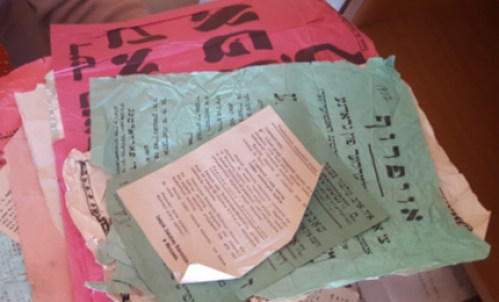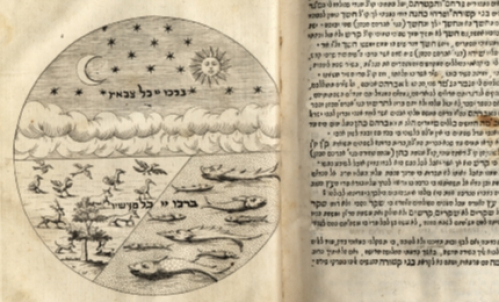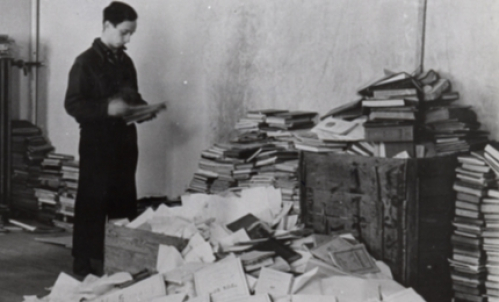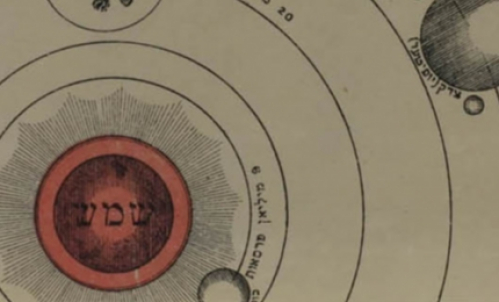Ukrainian-Jewish Relations in the Context of Antisemitism in Eastern Europe in the Interwar Period of the 20th Century
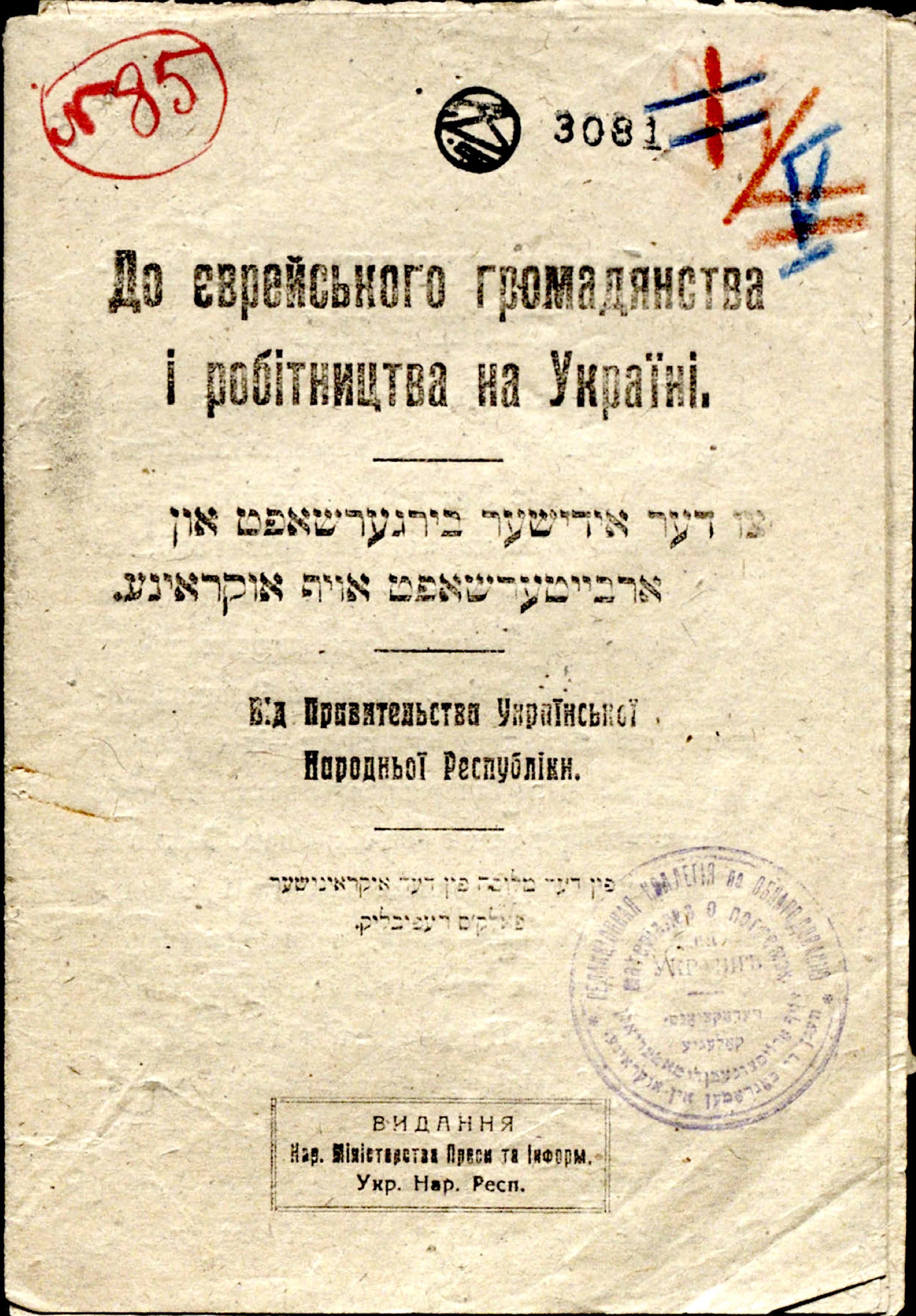
|
Max Weinreich Fellowship Lecture in East European Jewish Studies
The Professor Bernard Choseed Memorial Fellowship and the Natalie and Mendel Racolin Memorial Fellowship Admission: Free |
By the end of the First World War, antisemitism became a moral and political marker of social consciousness as well as a behavior of many right-wing politicians as anti-Jewish discourse was actively imposed in many post-imperial states in Eastern and Central Europe. At the same time, the newly created Ukrainian states (both the Ukrainian People’s Republic (UNR) and the Western Ukrainian People’s Republic (ZUNR)) attempted to provide a positive policy toward the Jews and proposed a new anti-imperial alternative to the harsh legacy of imperial and post-imperial, great-power chauvinist policy. After the UNR and ZUNR leadership ceased to control the territory and effectively influence inter-ethnic relations within the borders of their state, relations between Ukrainians and Jews worsened, and were deformed under the impact of the conditions and policies of other states, in which these two peoples existed.
In this presentation, Andrii Bolianovskyi will elucidate the key figures and main aspects of Ukrainian-Jewish relations, as well as the intervention of "transnational players" in a broad global geopolitical context. Considerable attention will be paid to clarifying the positive experience of relations and highlighting the history of attempts to establish mechanisms of interaction between Ukrainian and Jewish political, public and other organizations and social groups in Western Ukraine. Also considered is the impact of the politics of the right-wing political parties of the Second Polish Republic, which inspired state antisemitism, as well as of the politics of Bolshevik Russia as a state with latent antisemitism.
About the Speaker
Dr. Andrii Bolianovskyi completed his doctorate in History at Ivan Franko National University of Lviv (Ukraine) in 2013. He is currently Senior Fellow at the Ivan Krypiakevych Institute of Ukrainian Studies, National Academy of Sciences of Ukraine. His work specializes in Ukraine (especially its western regions), Poland, Germany and Russia in the first half of the 20th century and his research interests include Holocaust studies, nationalist movements, mass violence and genocide, inter-ethnic conflicts, and war crimes. While in residence at the Jack, Joseph and Morton Mandel Center for Advanced Holocaust Studies at the US Holocaust Memorial Museum (Washington), as well as during his fellowship at Yad Vashem International Institute for Holocaust Research (Jerusalem), Dr. Bolianovskyi conducted research on his project and presented it under the title “Ukrainian-Jewish relations in the context of Shoah in Ukraine, July, 1941–July, 1944.” He is recipient of the 2022-2023 Professor Bernard Choseed Memorial Fellowship and the Natalie and Mendel Racolin Memorial Fellowship in East European Jewish Studies at the YIVO Institute for Jewish Research.
